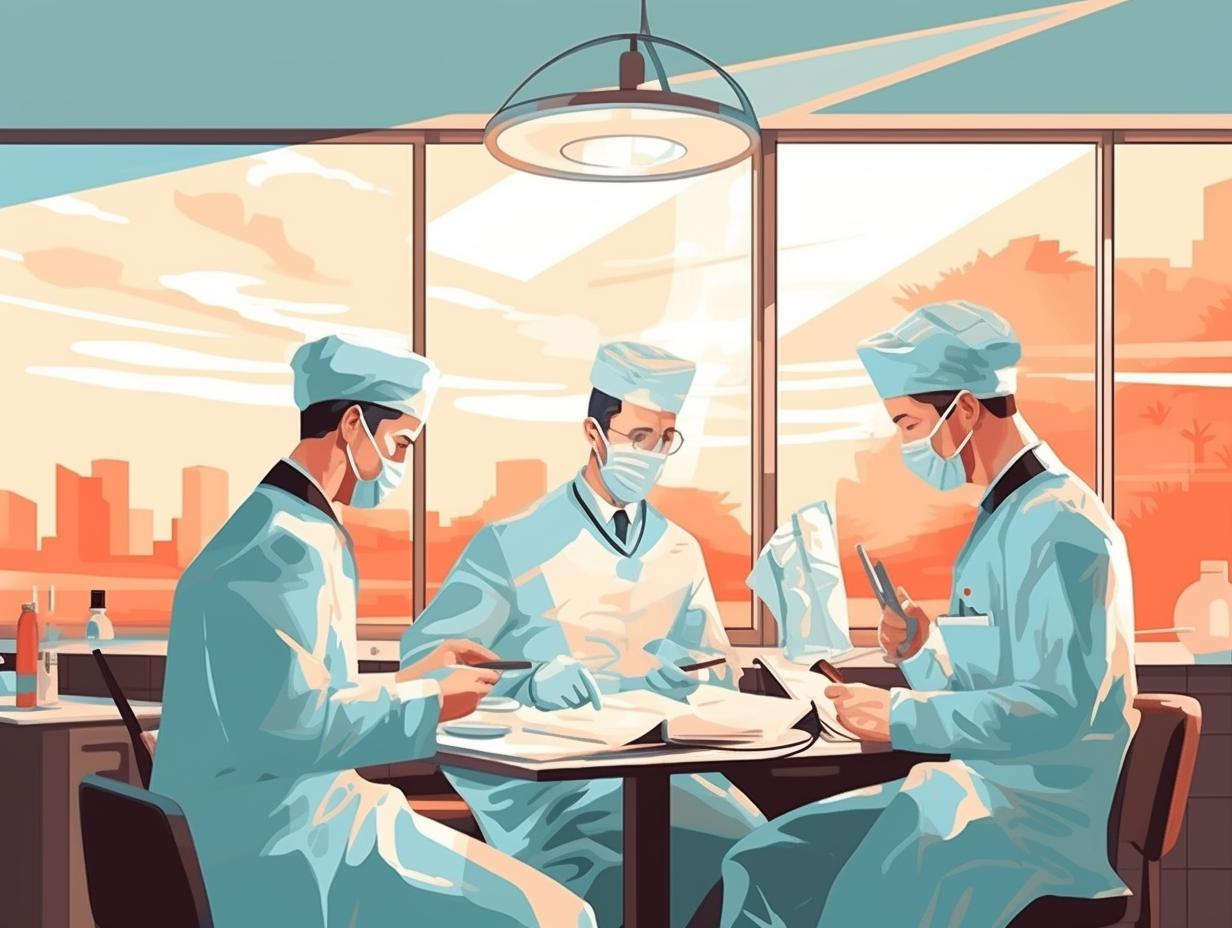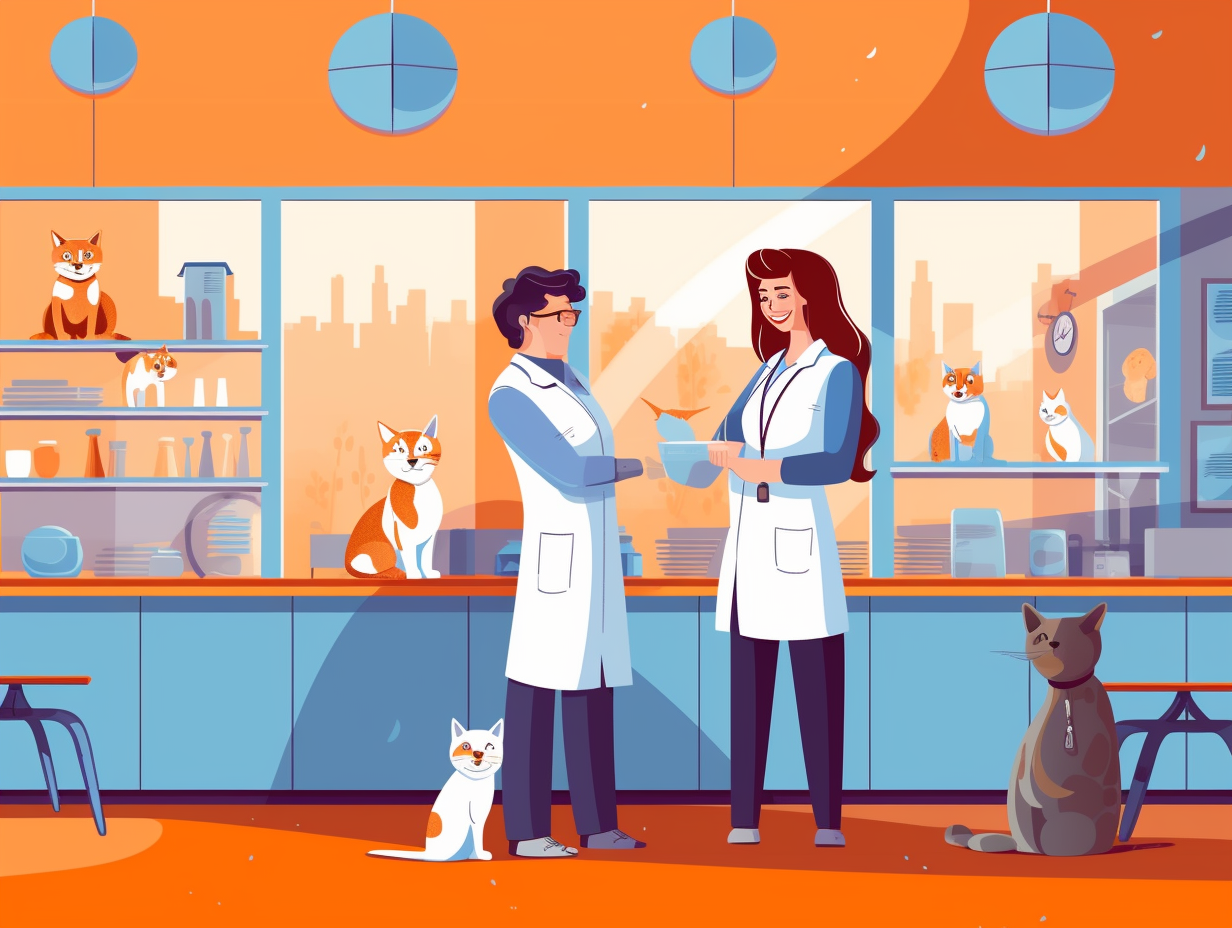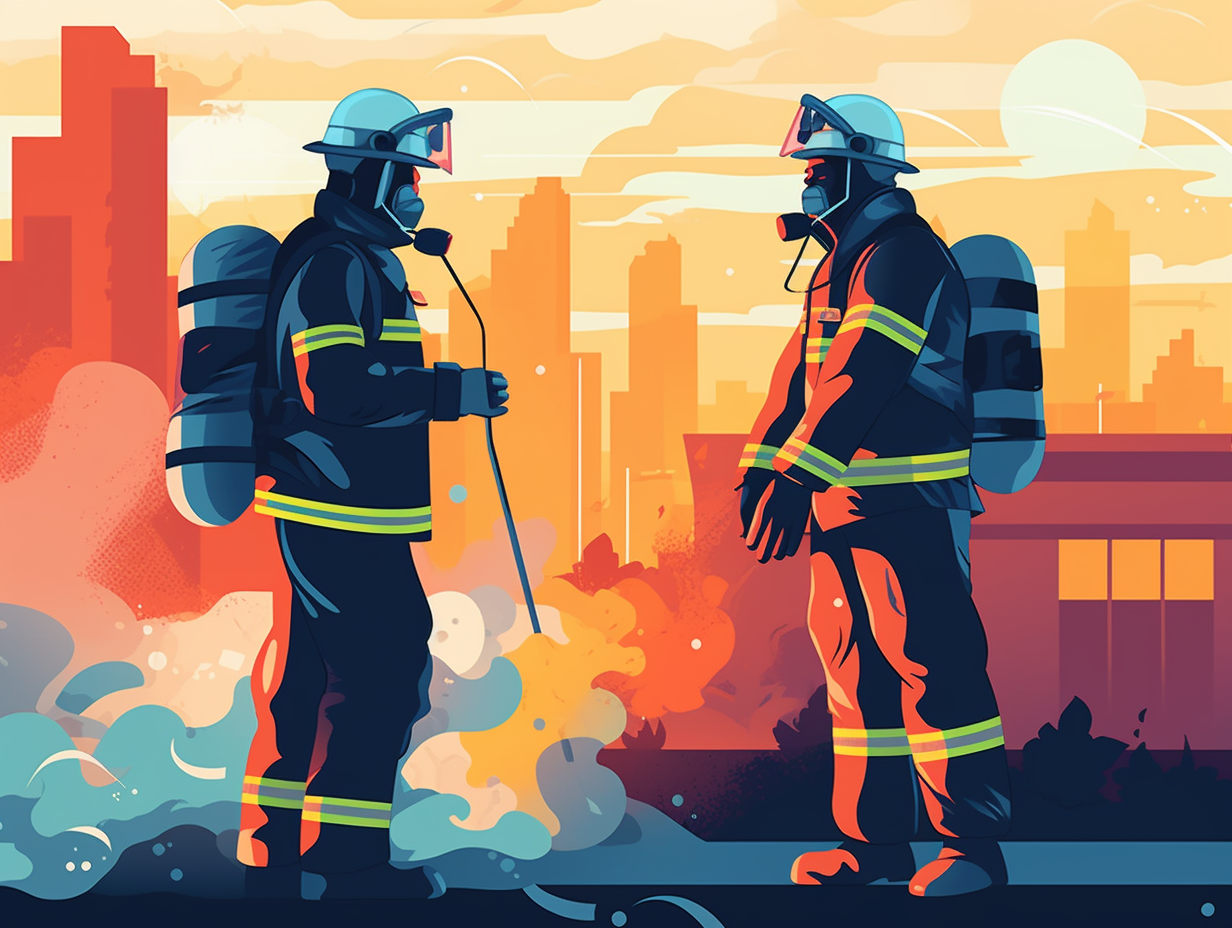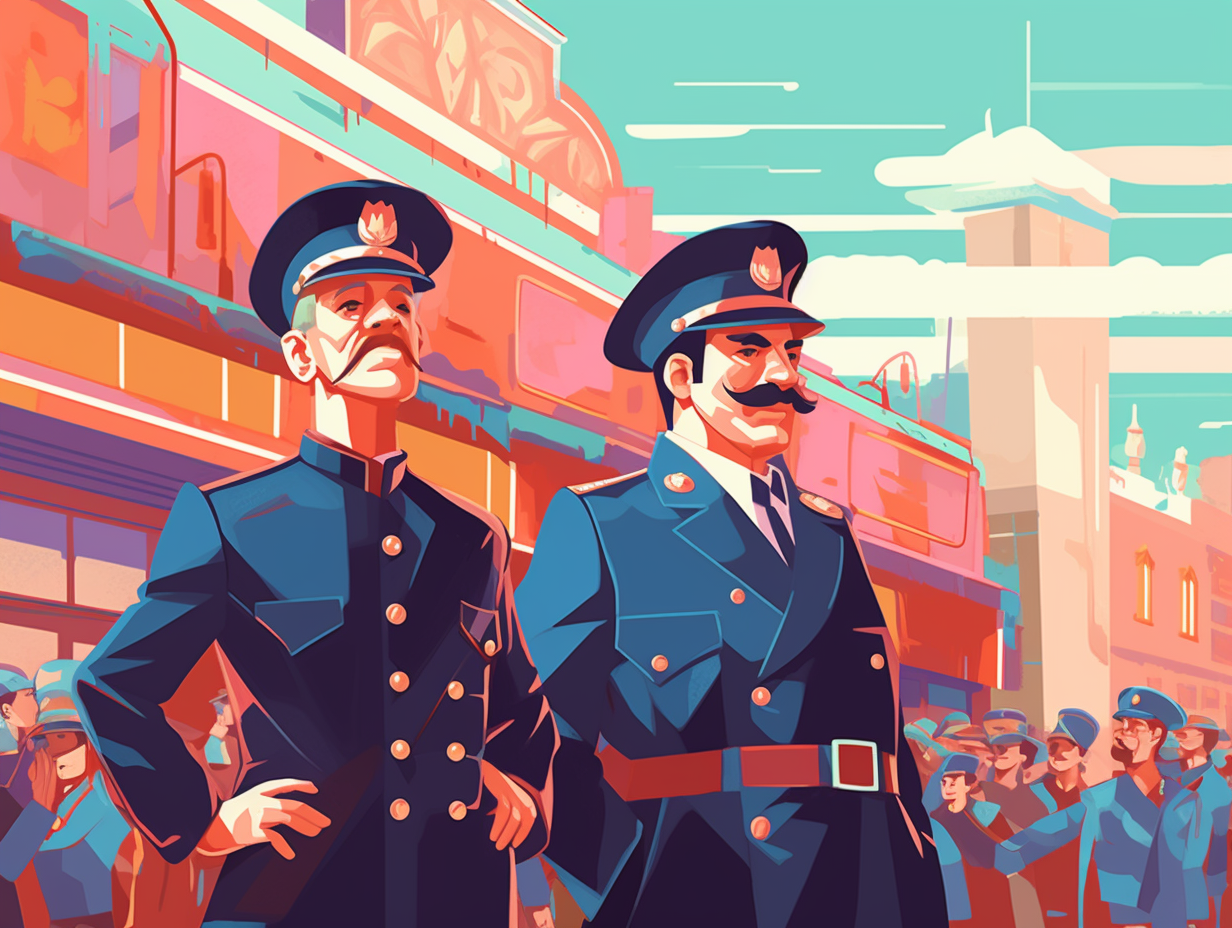Top 12 Entertaining and Intriguing Fun Facts About Anesthesiologists You Never Knew!
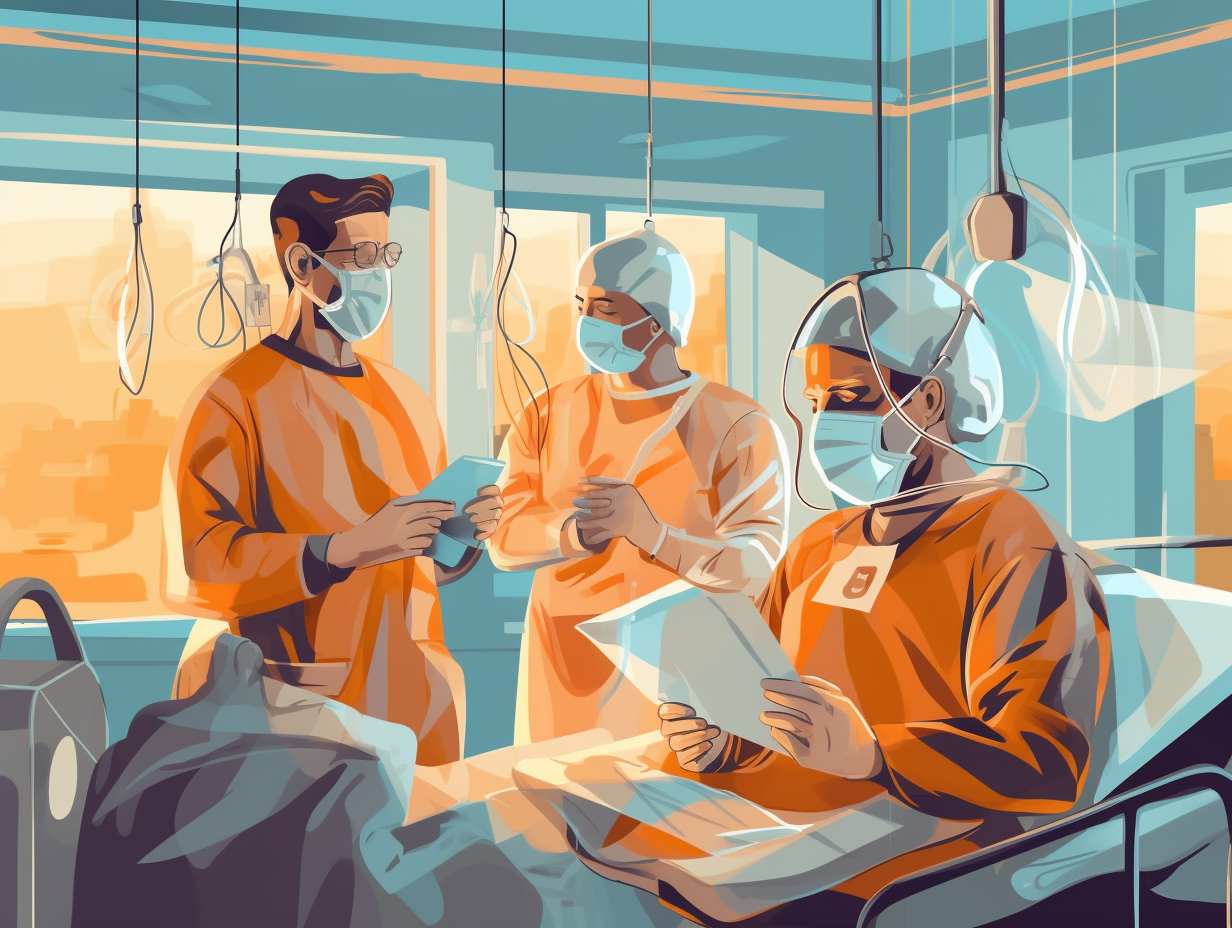
1. Superhero-Level Education
If Doc McStuffins and Dr. Strange had a love child, they’d be the life-saving, pain-relieving superheroes of the medical world – anesthesiologists: These highly skilled doctors rack up 12 to 14 years of education, including a whopping 12,000 to 16,000 hours of clinical training, just to put you under in seconds and save lives while vanquishing chronic pain villains like migraines and fibromyalgia.
Source => asahq.org
2. Ether Frolics History
Before there were laughing gas parties, there were ether frolics: Crawford Williamson Long, a physician from Jefferson, Georgia, became the first person to use ether as an anesthetic during surgery in 1842, without taking cues from the wild shenanigans of 19th-century doctors and medical students who inhaled ether for recreational purposes.
Source => smithsonianmag.com

Did you know nurses walk an incredible 3-5 miles during a single shift, making them one of the most active professions? Discover more amazing facts about these everyday heroes!
=> Fun Facts about Nurses
3. Cocaine Eyedrops
Before Freud made everyone question their relationship with their mothers, one of his pals had us all seeing stars in a different way: Dr. Karl Koller, a Viennese ophthalmologist, introduced cocaine as an anesthetic for eye surgery in 1884, changing ophthalmology practices and significantly contributing to the development of modern anesthesiology!
Source => umhs-sk.org
4. High-Paid Sleep Masters
Whoever said laughter is the best medicine clearly hasn't met an anesthesiologist: these guardians of slumber are among the highest-paid healthcare professionals, boasting an impressive mean wage of $302,970 per year and averaging $145.66 per hour, as reported by the Bureau of Labor Statistics in May 2022. With their prestigious position comes great responsibility, as they expertly wield the gift of gas to ensure patients' safety and comfort during surgery.
Source => bls.gov
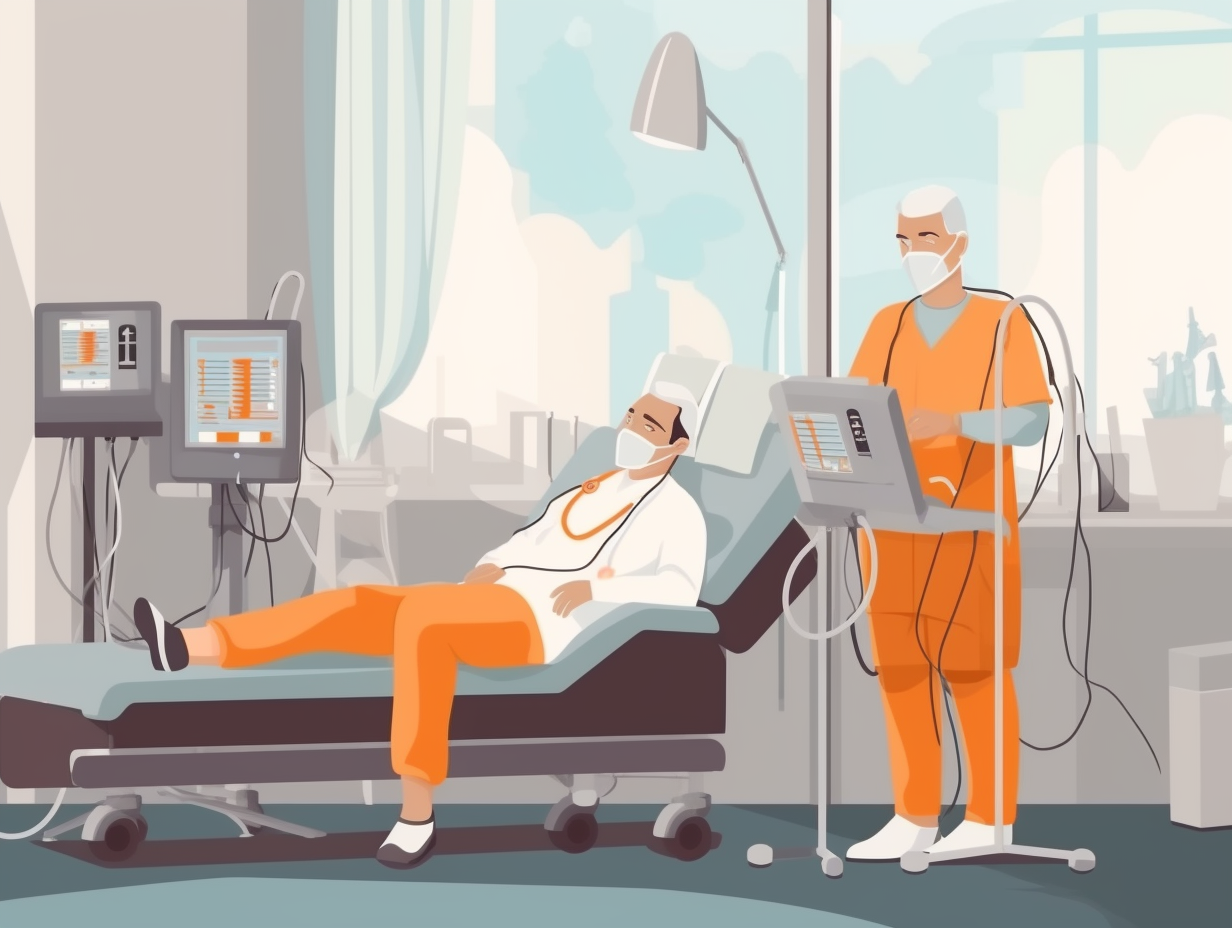
5. Peekaboo Specialists
Hold onto your laughing gas, because anesthesiologists aren't just playing a high-stakes game of "peekaboo, I put you to sleep": Anesthesiologists are specialized medical doctors responsible for patient safety before, during, and after surgery, with eight years of post-college training, board certifications, and often, additional fellowships in pain management, cardiac anesthesia, and other specialized fields.
Source => asahq.org
6. Expelli-Pain-Us Magicians
With a slight wave of their wand and a muttered "Expelli-pain-us!": Anesthesiologists not only work their magic during surgeries by administering anesthesia but also play an essential role in pain management post-operation, designing personalized plans for each patient and closely monitoring their recovery to ensure maximum comfort.
Source => asahq.org
7. Ultrasound Superpowers
Anesthesia whisperers, armed with ultrasound superpowers: Anesthesiologists expertly wield ultrasound technology to accurately guide needles and catheters in regional anesthesia, vascular access, and airway assessment, enhancing safety and precision in these procedures.
Source => ncbi.nlm.nih.gov
8. Painless Surgery Pioneers
When Dr. William T.G. Morton wasn't busy flossing his way to fame as a dashing young Boston dentist, he dabbled in knocking out patients in a whole new way: Morton teamed up with the esteemed Dr. John Collins Warren on October 16, 1846, to successfully perform the first surgical procedure with anesthesia. Since that painless day, anesthesiology has come a long way thanks to trailblazers and innovative inventions like gasses, laryngoscopes, endotracheal tubes, intravenous medications, masks, and delivery systems – ensuring that surgery is more like a nap time and less like a nightmare.
Source => pubmed.ncbi.nlm.nih.gov
9. Unsung Superheroes
Anesthesiologists: the unsung superheroes with the power of sleep-inducing elixirs and mind-numbing concoctions that provide relief to those on the surgical table – no capes needed! The serious reveal: Their vital skills lie in thoroughly assessing a patient's health before surgery, choosing the most suitable potions, and vigilantly monitoring for any unexpected side effects or complications that might arise.
Source => asahq.org
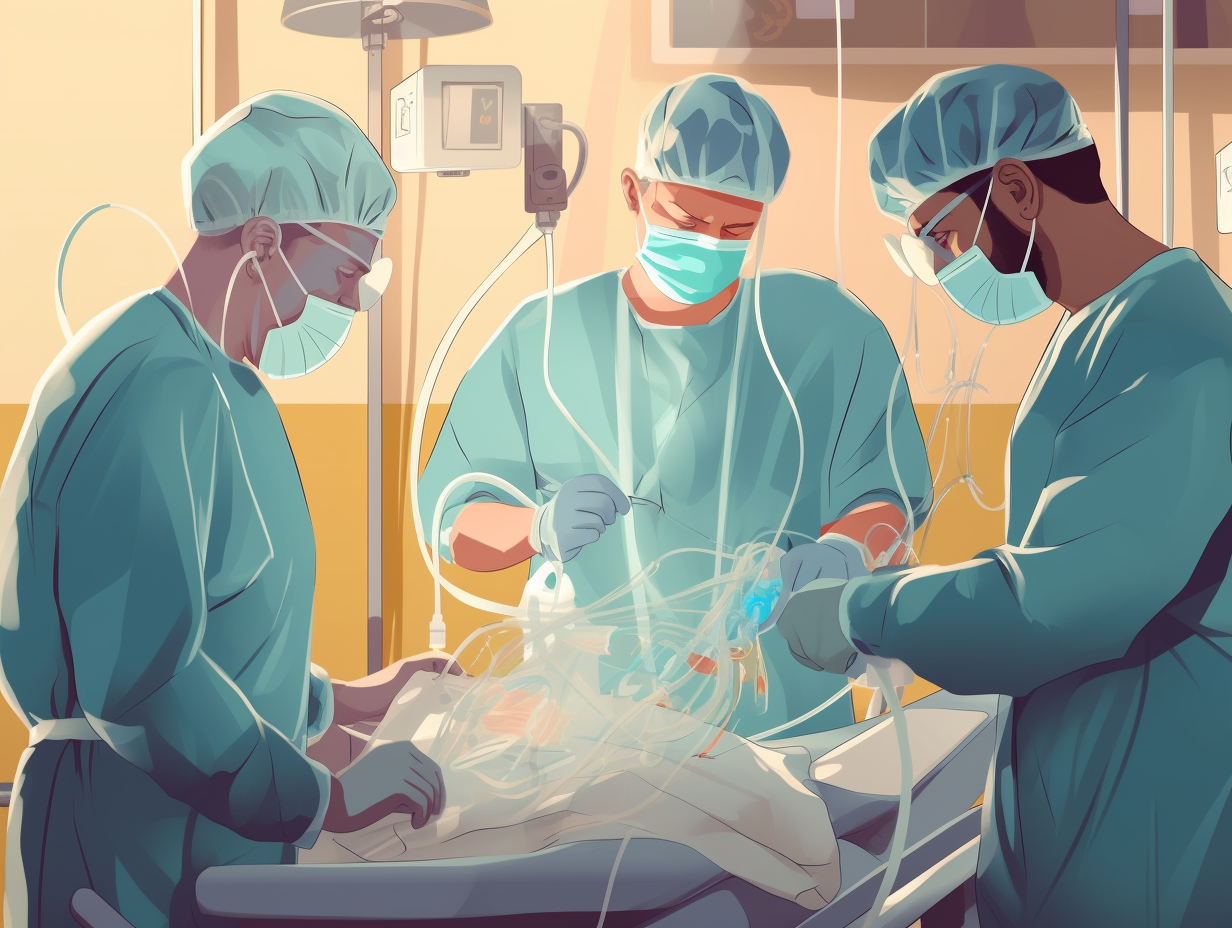
10. Space Cadet Myth Debunked
Worried that anesthesia might turn your young ones into "Space Cadets"? Fear not, Earthlings: The PANDA study found that a single exposure to general anesthesia during inguinal hernia surgery before age 36 months in healthy children doesn't impair neurocognitive development or cause abnormal behavior in later childhood.
Source => ncbi.nlm.nih.gov
11. Intergalactic Ether Wizards
Houston, we have a problem...or a thousand: it seems our intergalactic escapades may require Ether Wizards and the Knights of the Numb Order! In other words: anesthesiologists could be vital on future space missions to provide critical care for emergencies, navigating the endless challenges that outer space throws their way and tending to medical conditions never before seen outside of our beloved blue marble.
Source => jcvaonline.com
12. Mass Casualty Lifesavers
When anesthesiologists aren't putting people to sleep at the drop of a (surgical) hat, they're saving lives during mass, action-movie-worthy catastrophes: These medical professionals are essential in treating patients during mass casualty events like natural disasters and terrorist attacks, working with other healthcare providers in various environments and ensuring hospitals are well-prepared for emergencies.
Source => ncbi.nlm.nih.gov
Related Fun Facts

